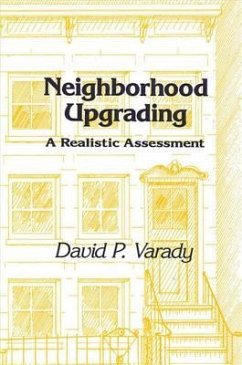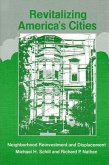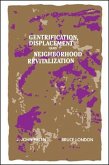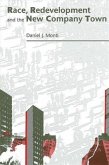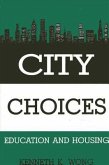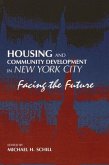Neighborhood Upgrading examines the effectiveness of government-subsidized housing rehabilitation programs in reversing patterns of neighborhood decline. Varady takes a realistic look at the dilemma facing policy planners attempting to effect changes on a local level. His is the first study to assess the impact of neighborhood ethnic and social class changes on mobility and investment decisions. There has been little empirical research on neighborhood upgrading where improvement results from the efforts of existing residents aides by government assistance. Varady' study makes a major contribution in illuminating the variables of this process. Focusing on the U.S. Department of Housing and Urban Development's Urban Homesteading Demonstration (UHD), he presents disturbing findings that are applicable to other neighborhood preservation programs such as the Neighborhood Housing Service (NHS) and the Community Development Block Grant Program. He argues that the future success of such programs lies in the ability of planners and policy makers to develop and implement policies addressing the issues that cause neighborhood decline--poverty, crime, and discrimination.

